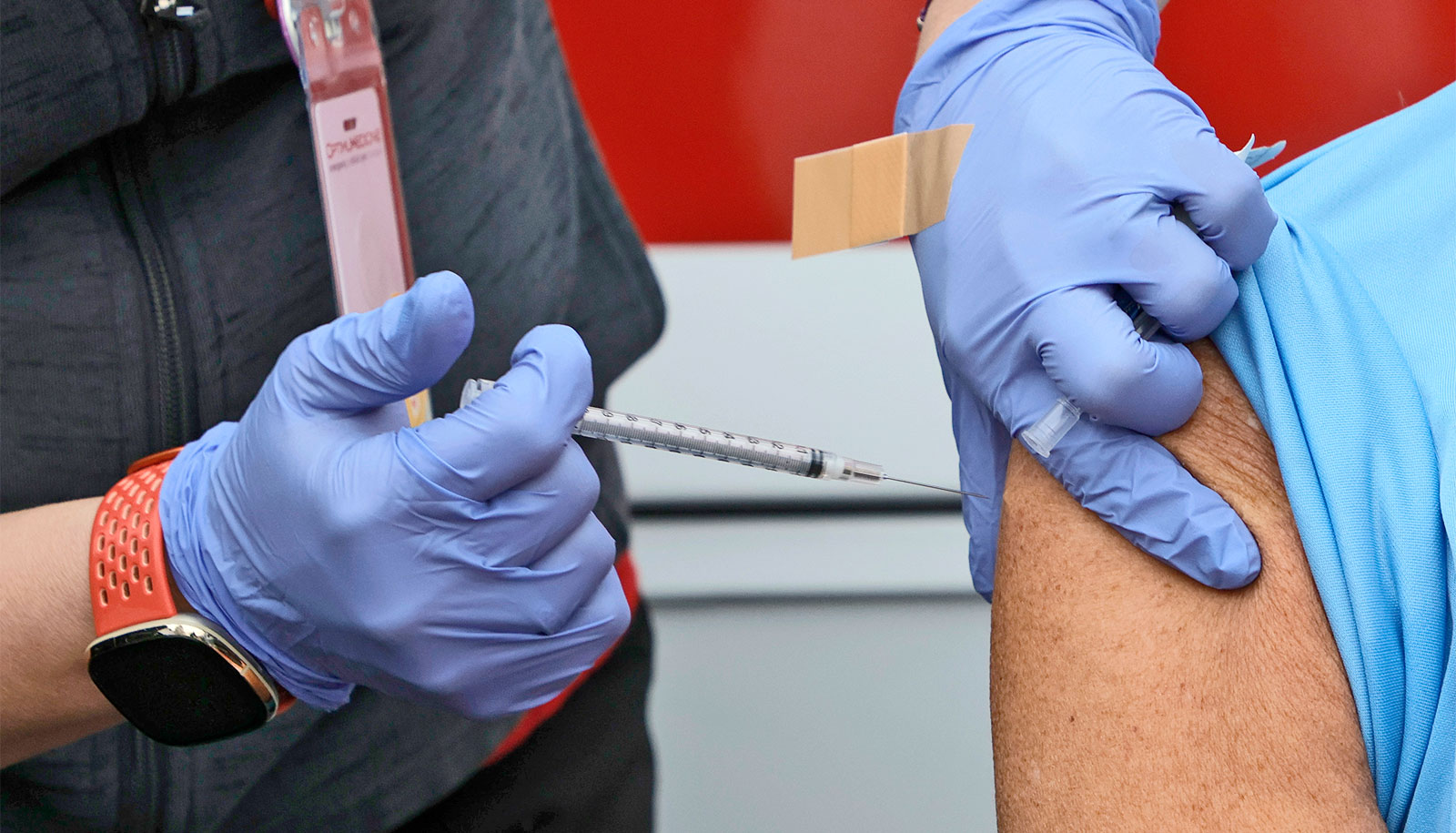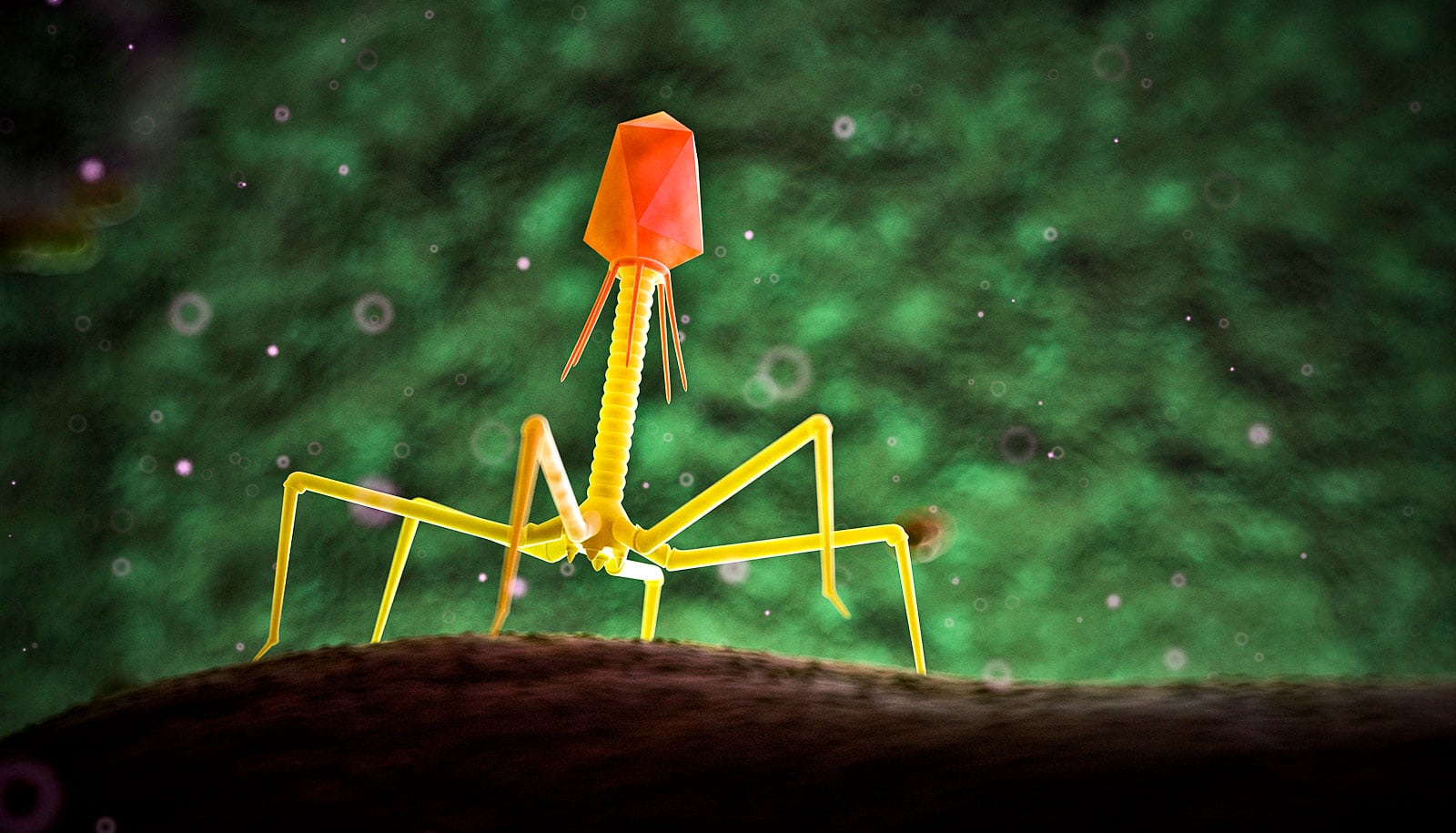Researchers are calling for ear, nose, and throat doctors (otolaryngologists) to support a preventative strategy against the human papillomavirus (HPV)—vaccination.
HPV has long been known as a cause for cervical cancer, but otolaryngologists are seeing a marked increase in the number of head and neck cancers caused by the virus.
From 1984 to 2004, the rate of HPV-positive oropharyngeal squamous cell carcinoma, a type of head and neck cancer, increased 225 percent. By 2020, the number of HPV head and neck cancers is expected to surpass those of cervical cancers.
The HPV vaccine has been available for more than 10 years, but unfortunately vaccination rates in the United States are still low. In 2016, only 60 percent of US teens received one or more doses of the HPV vaccine, compared with 88 percent receiving the recommended vaccination for tetanus, diphtheria, and pertussis.
Study coauthor Paul Friedlander, chairman of the otolaryngology department at the Tulane University School of Medicine, has treated patients as young as their mid-30s with HPV-related malignancies.
As reported in JAMA Otolaryngology-Head & Neck Surgery, researchers are promoting a two-pronged approach to encourage HPV vaccinations. The initial thrust is a community based educational platform stressing the role of cancer prevention through HPV vaccination. The second prong is advocacy for policy change at a national level.
HPV may hide out in tonsil ‘crypts’
“We want people to get vaccinated before they’re exposed to the virus,” Friedlander says. “Otolaryngologists should be actively engaged in promoting cancer vaccinations.”
Otolaryngologists should talk to their young patients about the HPV vaccine. The CDC recommends the shots for all children ages 11 or 12 years old. The vaccine is also recommended for women through age 26 and men age 21.
ENTs should also be advocates for policy change at the national level, calling for the HPV vaccine to be included in the inoculations students must have to attend public schools, Friedlander says.
HPV antibodies in blood predict cancer survival
“Otolaryngologists have a critical role to play in the HPV epidemic, and our unique perspective is vital in future vaccination education and policy design.”
Source: Tulane University



